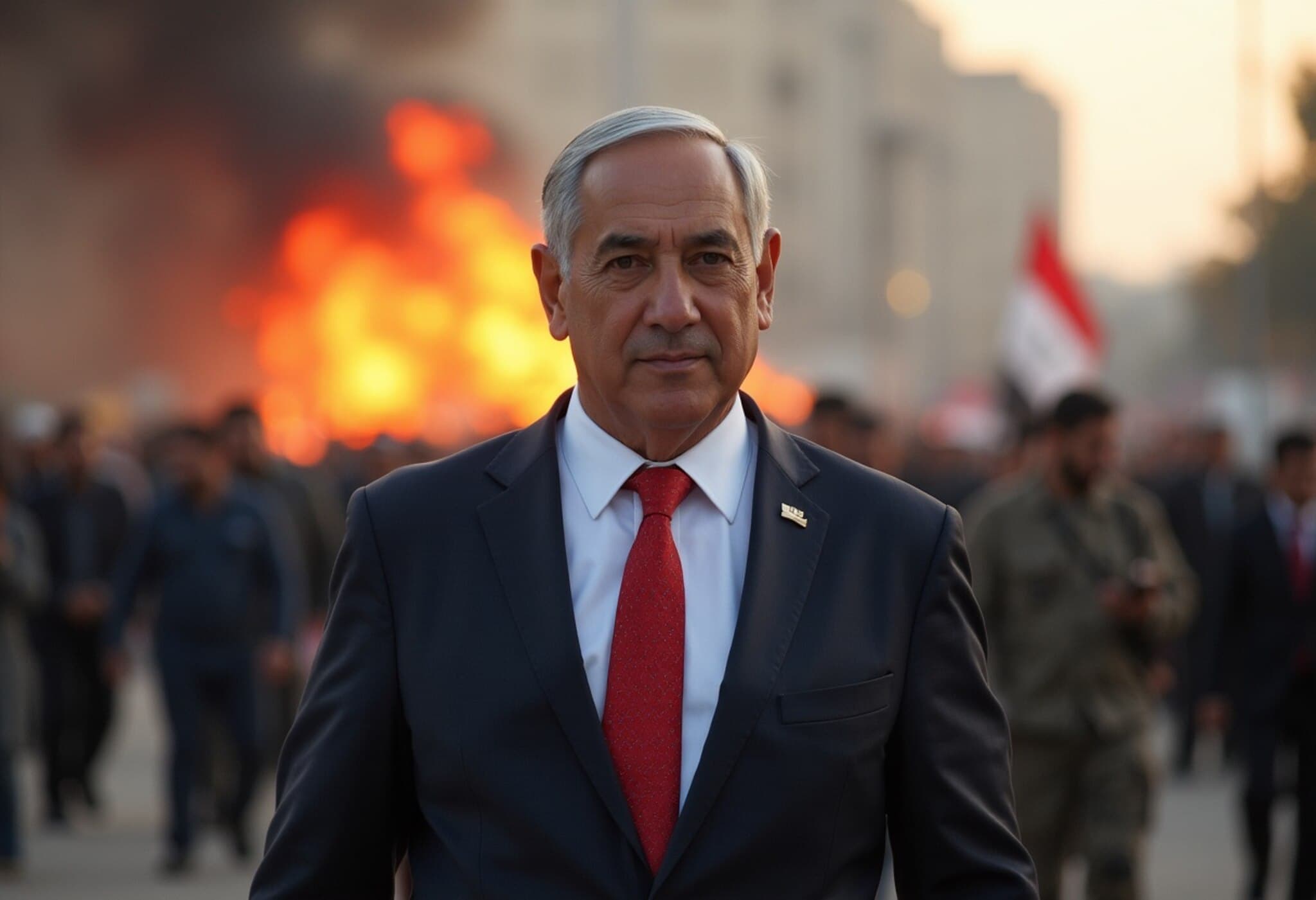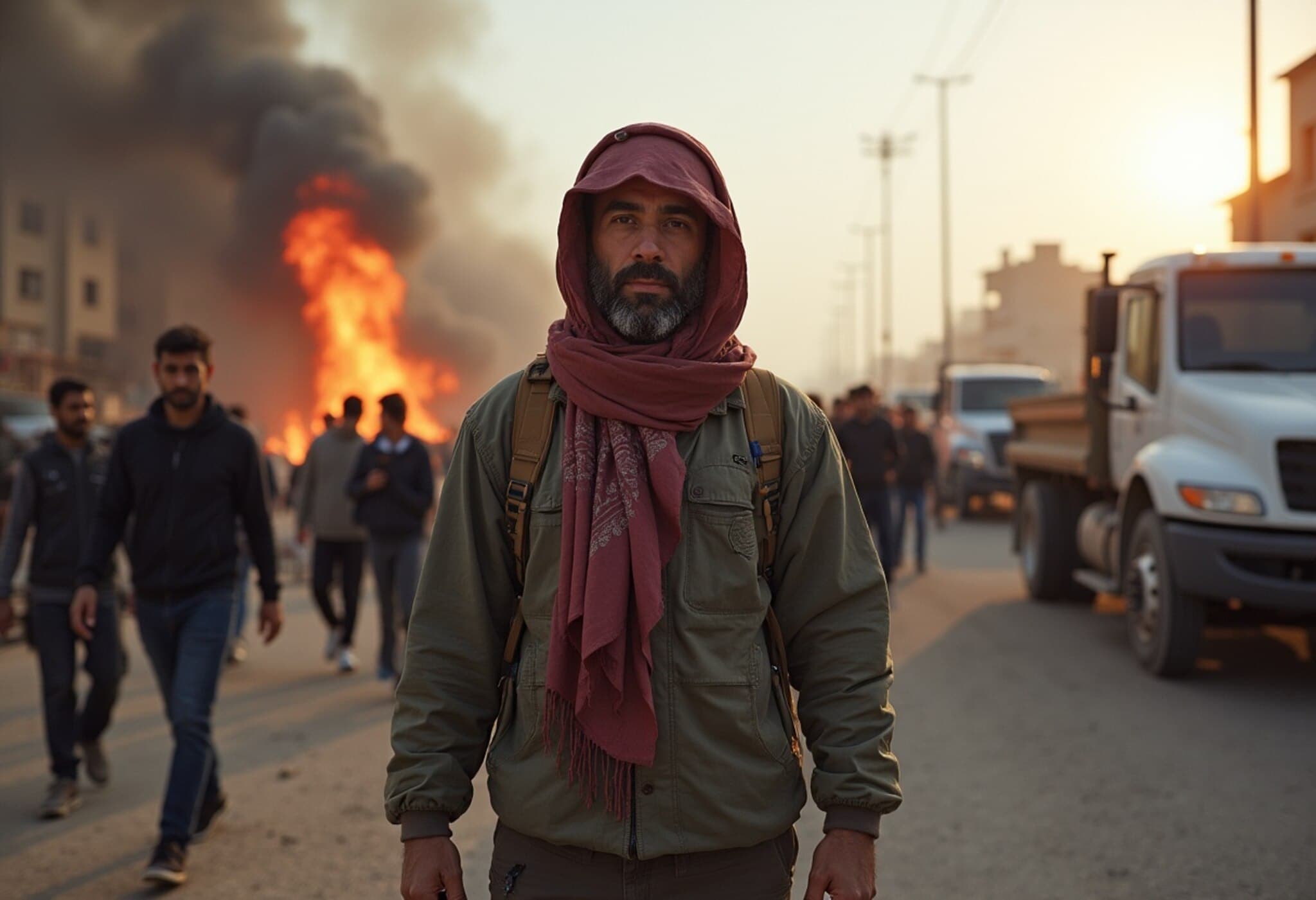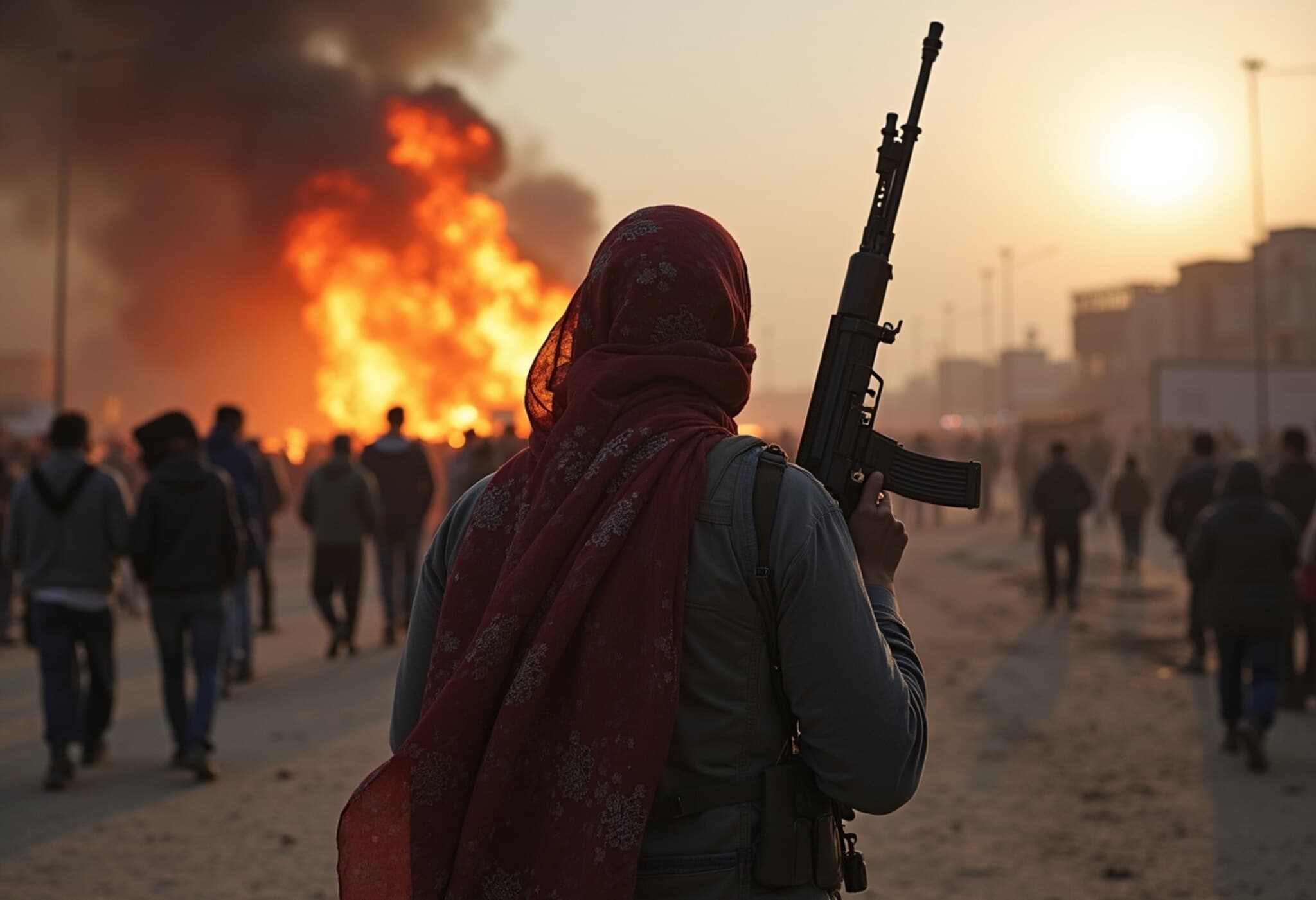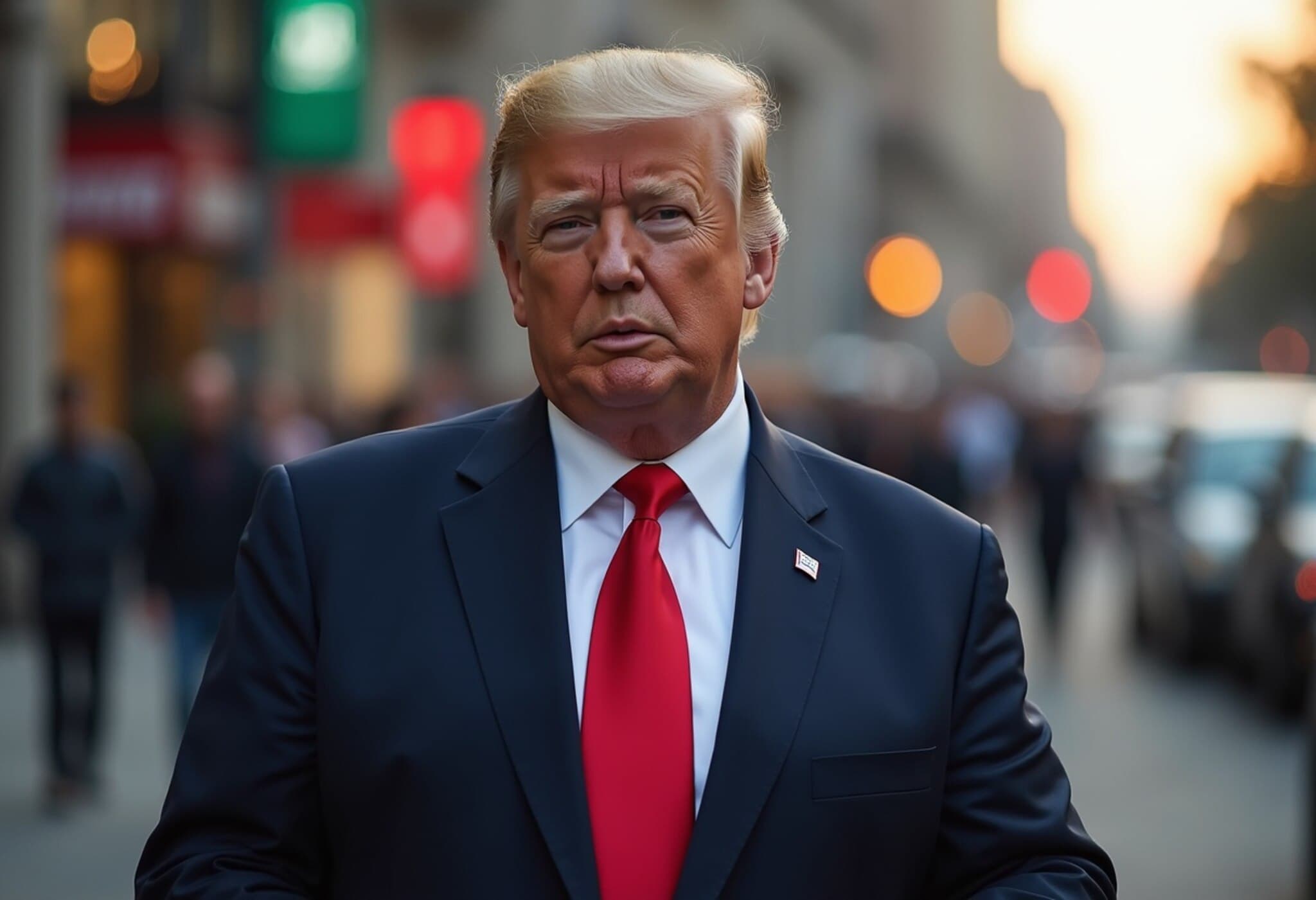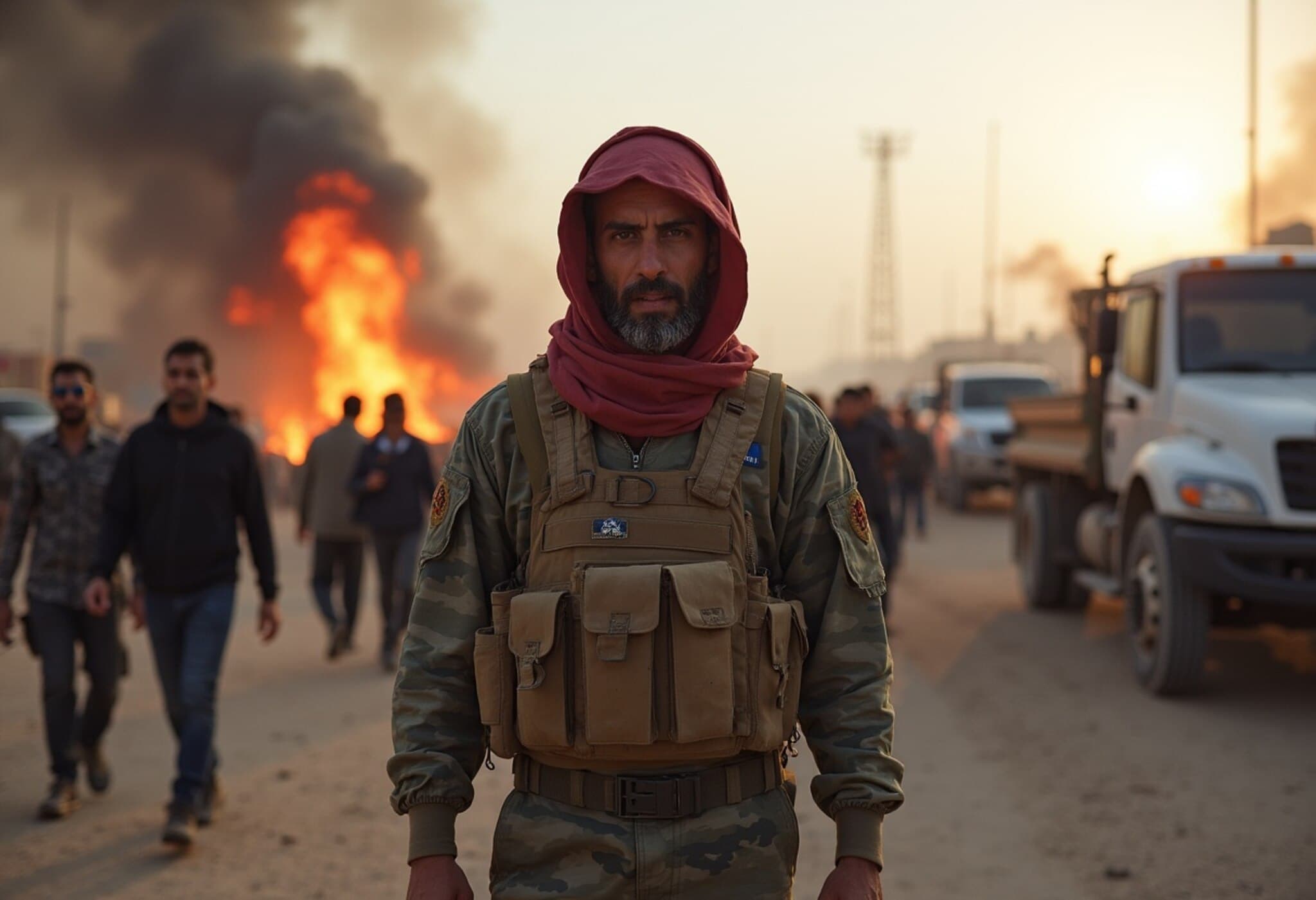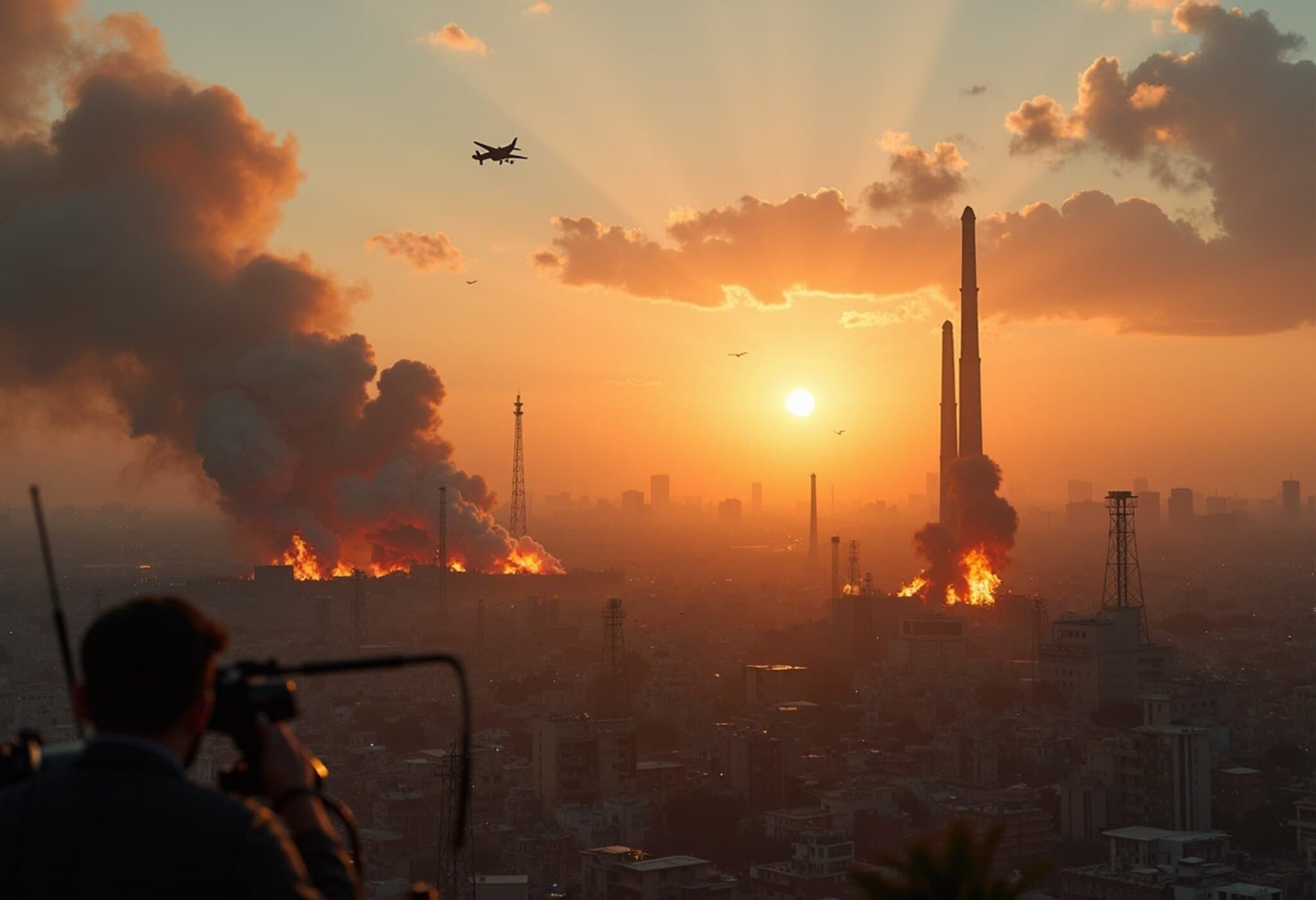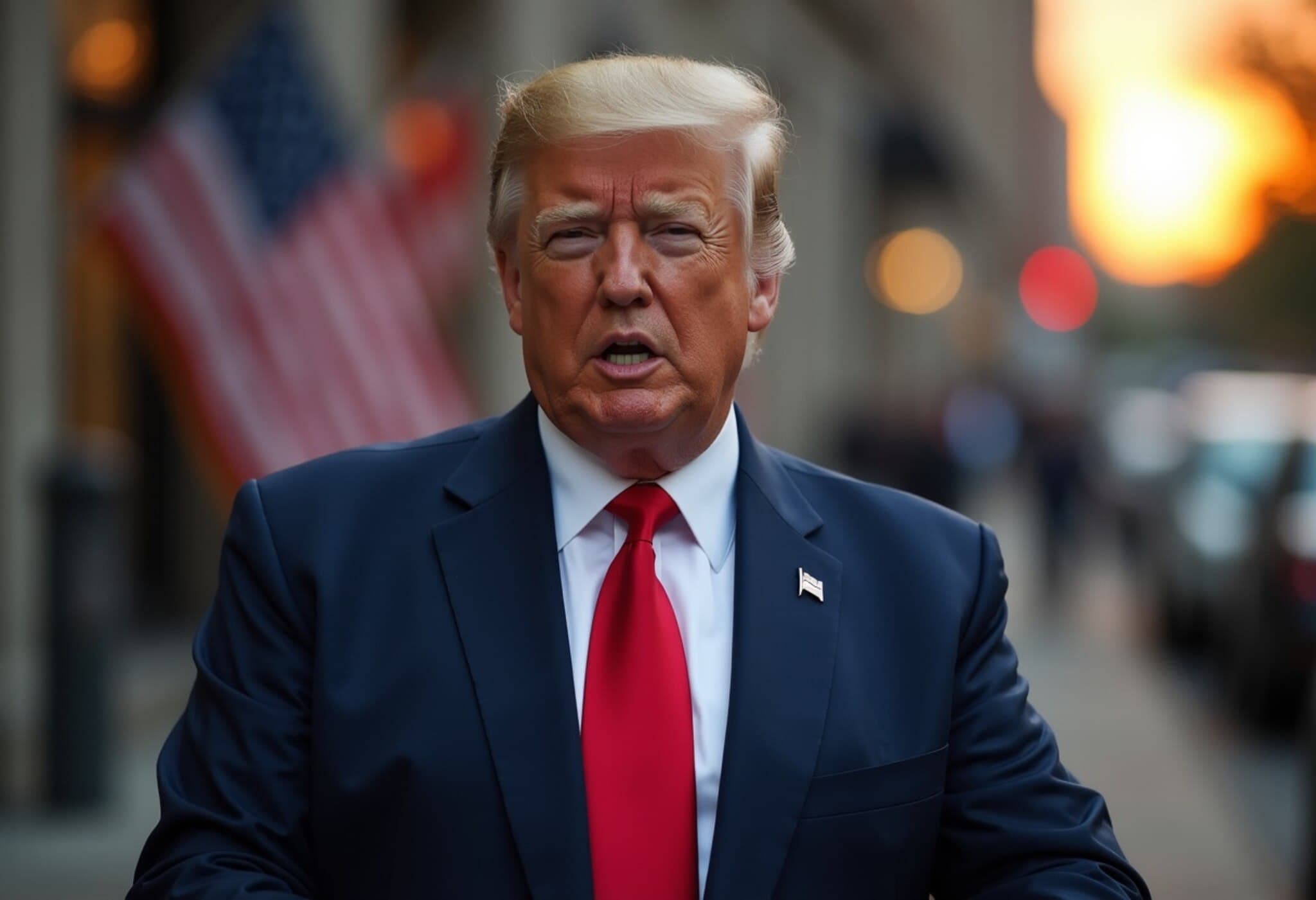First Round of Gaza Ceasefire Talks Ends Without Agreement
The initial round of indirect ceasefire negotiations between Israel and Hamas, held in the Qatari capital Doha, concluded inconclusively on Sunday after nearly four hours of discussions. Despite hopes that the talks could ease the violent conflict, sources indicate that the Israeli delegation lacked the authorization needed to finalize any deal, deepening concerns over the continued hostilities in Gaza.
Context: Timing and Diplomatic Stakes
The talks resumed on Sunday, just days before Israeli Prime Minister Benjamin Netanyahu’s impending visit to Washington, where he is scheduled to meet U.S. President Donald Trump. This meeting marks Netanyahu’s third visit to the U.S. since January when Trump returned to power, underscoring the heightened diplomatic focus on the Gaza crisis.
Mediation Efforts and Communication Channels
Mediators from Egypt and Qatar facilitated the indirect talks, exchanging messages and clarifications between the two parties. While dialogues were held at separate venues within Doha, no substantive progress was reported. Both countries have planned follow-up consultations — meeting separately with each delegation — aiming to bridge significant gaps ahead of the next round of talks scheduled for Monday.
Negotiation Challenges: Authority and Conditions
Two Palestinian sources quoted by Reuters highlighted a critical barrier: the Israeli negotiators reportedly did not possess the authority to finalize an agreement with Hamas. This limitation hampers the momentum towards ceasefire. Meanwhile, Israeli media reports indicate that Israel is carefully reviewing Hamas’ recent response to ceasefire proposals, seeking clarity on possible concessions.
Ahead of his Washington trip, Prime Minister Netanyahu publicly affirmed that Israeli negotiators were instructed to secure a ceasefire but only under conditions accepted by Tel Aviv — illustrating the delicate balance of maintaining firm national security priorities while pursuing peace.
Public Sentiment Amid Conflict
In Tel Aviv, thousands gathered peacefully outside the Defense Ministry, urging for an immediate ceasefire and the safe return of at least 50 Israeli hostages held by Hamas in Gaza. The crowd’s emotional display—carrying Israeli flags and images of hostages—reflects the human cost of the ongoing conflict and the urgency felt by civilians on both sides.
Widening Gaps and the Road Ahead
While Hamas initially welcomed the ceasefire negotiations in a positive spirit, the fundamental differences between the parties remain profound. These divisions highlight the complexities of achieving a sustainable resolution to the Gaza crisis without robust mediation and possibly greater concessions.
Expert Analysis: The US Role and Regional Implications
From a U.S. policy perspective, Netanyahu’s trip to Washington could be pivotal. The Biden Administration's approach to the Israel-Hamas conflict, navigating allied support and regional stability, will be closely scrutinized. Analysts note that without unequivocal backing and diplomatic pressure from key players like the U.S., Egypt, and Qatar, ceasefire efforts may continue to falter.
Moreover, the ongoing conflict exacerbates humanitarian challenges in Gaza, calling for simultaneous diplomatic and humanitarian strategies. The question remains whether these indirect talks can evolve into direct, authorized negotiations that genuinely address the underlying issues fueling the conflict.
Looking Forward
The scheduled follow-up talks on Monday and separate mediator meetings bring cautious hope. Yet, given the entrenched positions and the sensitive political environment, observers warn that concrete breakthroughs may still be some distance away.
Editor’s Note
The stalemate in Gaza ceasefire talks underscores the complex interplay between diplomacy, security demands, and public pressure amid long-standing conflict. As the world watches, it remains critical to scrutinize not only the negotiations themselves but also the broader geopolitical dynamics shaping them. How will Netanyahu’s Washington visit influence these talks? Can mediators effectively empower delegations to transcend political limitations? And importantly, how will the ongoing violence impact the humanitarian crisis in Gaza if peace continues to elude diplomatic channels?

